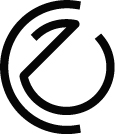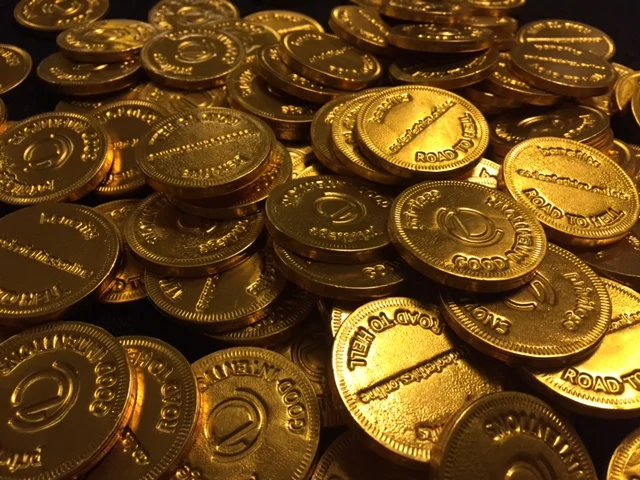FHL Code of Ethics (or the bittersweet taste of aid currency), FHL, 2017
Code Ethics – Future Heritage Lab
It is impossible to be ethical always and in everything. Moreover, ethics differ vastly across cultures. What is possible, however, is having an honest consideration of ethics and their value in a rigorous practice. We contribute with the MIT Future Heritage Lab Code of Ethics, an ongoing project resulting from our research, practical experience, and discussions with our students, collaborating partners and affected communities.
On the Self
Examine your intention
When interested in working with refugees analyze the reasons and motivations behind your work. Would you still do this work, if no social or monetary benefits were involved?
Understand your privilege
Refugees are among the most fragile populations in the world. When working with such communities, recognize the power dynamics you bring to the table and be aware about your perspective from which you approach the subject matter.
Keep an open mind and don’t assume anything
Don’t assume that stateless people lack modern skills and education, or that the level of English proficiency can be a measure of one's intelligence. Refugees come from a wide array of cultures, educational backgrounds & skills.
On Community
Keep your promise & Manage expectations
When working with communities in threat, communicate clearly what is your role, how you will contribute and for how long. Discuss objectives and expectations. Be realistic, rather than aspirational.
Consider how your intervention affects the needs of the host population
The refugee crisis has both a positive and a negative impact on the host population. Consider how your project can improve the lives of both the host community and the refugees.
Consider emotional and cultural needs
Emotional and cultural needs are equally critical for the health of refugees in their new environment, just as biological and practical needs.
On Economy
The refugee crisis is not to be monetized.
We have a moral obligation to facilitate refugees, due to the urgency and uniqueness of their needs. Personal and institutional profit should not be an objective when working in this field and is not to be pursued.
Be mindful of the limited resources
Make sure that you have the knowledge, skills, capacity & funds to implement your project without burdening the already limited resources of the refugee camp. Be mindful of the limited capacities of the humanitarian aid organizations, the refugee camp infrastructure and funds.
Art & Design
Design with – not for refugees
Engage participatory and /or collaborative processes that allow for the co-creation, collaboration and knowledge exchange with participants and stakeholders of your project, program, or activity.
Focus on impact and methods
When working on art and design projects in the context of the refugee camp, recognize the value of processes and methods that bring people together to learn and heal within a safe environment.
Education
Teach and Learn
Cultivate a connection of educational and cultural exchange. We can learn from the resilience and creativity of refugees. Communities in threat can teach us how to approach refugee camps not just as makeshift shelters, but as civic spaces where crucial social healing, education, creativity, and civic innovation takes place.
Press - Social Media
Humanitarian work is not a social media commodity
Your work with refugees is not for increasing your social appeal. Pictures of refugees and the refugee camp are not to be used to boost your social media profile.
Support the dissemination of new narratives by refugees
Remember that storytelling can quickly turn into story writing!

